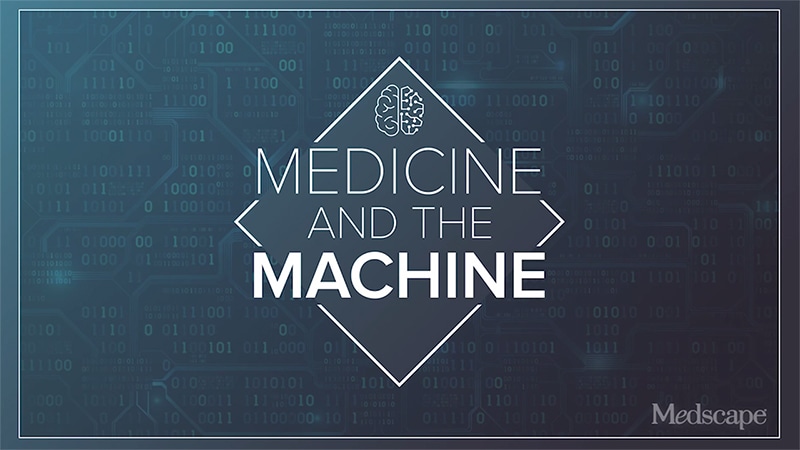Unveiling the Cure for Castleman Disease: A Journey of Hope and Discovery
Temel Kavramlar
Repurposing existing drugs can lead to life-saving treatments for rare diseases like Castleman's.
Özet
The content features an interview with Dr. David Fajgenbaum, a survivor of Castleman disease, discussing his journey from near-death experiences to finding a cure. The conversation delves into the discovery of repurposing the drug Sirolimus, the formation of the Castleman's global network, and the launch of Every Cure initiative. Dr. Fajgenbaum's mission to unlock the potential of existing drugs for various diseases is highlighted, emphasizing the impact of repurposing on patient outcomes.
Dr. Fajgenbaum's initial symptoms and diagnosis of Castleman disease.
The difference between the two forms of Castleman's disease.
Discovery of Sirolimus as a treatment for Castleman's.
Formation of the Castleman's global network.
Launch of the Every Cure initiative.
Importance of repurposing drugs for rare diseases.
Collaboration with AI technology for drug discovery.
Potential applications of repurposed drugs for long COVID.
Dr. Fajgenbaum's work in cellular immunotherapy and cancer treatment.
Prioritization criteria for repurposing drugs.
Comparison between Every Cure's approach and traditional drug development.
Impact of repurposing on patient care and drug development.
His Rare Disease's Cure Was Sitting on the Pharmacy Shelf
İstatistikler
"Over 9 years on a drug that you know well and that many have been talking about a lot." - Dr. Fajgenbaum has been in remission for over 9 years.
"Sirolimus, also called rapamycin, is a drug that was never intended for Castleman's and had never been used before for Castleman's." - Sirolimus was repurposed for Castleman's treatment.
Alıntılar
"My dream is to create an initiative to do this systematically, to unlock the full potential of every drug for every disease possible." - Dr. Fajgenbaum on the vision behind Every Cure.
"There are all these drugs; let's create some hope here by actually tapping into these drugs." - Dr. Fajgenbaum on the potential of repurposing existing drugs.
Önemli Bilgiler Şuradan Elde Edildi
by Eric J. Topo... : www.medscape.com 10-31-2023
https://www.medscape.com/viewarticle/997734
Daha Derin Sorular
How can the pharmaceutical industry be incentivized to focus more on repurposing existing drugs for new indications?
The pharmaceutical industry can be incentivized to focus more on repurposing existing drugs for new indications through various mechanisms. One approach could be the establishment of regulatory incentives or expedited pathways for drug repurposing. This could involve providing extended exclusivity or market exclusivity for drugs that are successfully repurposed for new indications. Additionally, offering financial incentives such as tax credits, grants, or funding for research and development focused on drug repurposing could encourage pharmaceutical companies to invest in this area. Collaboration between industry, academia, and regulatory agencies to streamline the repurposing process and reduce barriers to entry could also drive more interest in this approach. Overall, creating a supportive ecosystem that rewards and facilitates drug repurposing efforts can incentivize the pharmaceutical industry to explore this avenue further.
What are the ethical considerations surrounding the repurposing of drugs for rare diseases?
When repurposing drugs for rare diseases, several ethical considerations come into play. One key consideration is ensuring patient safety and informed consent. Patients with rare diseases may have limited treatment options, and repurposed drugs may present unknown risks or side effects in this population. Therefore, it is essential to prioritize patient safety, provide thorough information about the repurposed drug, and obtain informed consent from patients before initiating treatment. Additionally, issues related to access and affordability arise, as repurposed drugs may not be covered by insurance or may be cost-prohibitive for patients with rare diseases. Ensuring equitable access to repurposed drugs and addressing affordability concerns are crucial ethical considerations. Transparency in the repurposing process, including disclosure of conflicts of interest and potential biases, is also important to maintain trust and integrity in drug repurposing efforts for rare diseases.
How can the success of repurposing drugs for rare diseases like Castleman's be translated to more common conditions like cardiovascular diseases?
The success of repurposing drugs for rare diseases like Castleman's can be translated to more common conditions like cardiovascular diseases through a systematic and data-driven approach. By leveraging similar strategies used in rare disease drug repurposing, such as utilizing artificial intelligence and predictive modeling to identify potential drug-disease interactions, researchers can explore repurposing opportunities for cardiovascular diseases. Collaborative efforts between academia, industry, and regulatory agencies can help prioritize drug candidates with the highest likelihood of success in cardiovascular conditions. Additionally, establishing dedicated research initiatives or centers focused on drug repurposing for cardiovascular diseases can drive innovation and accelerate the identification of promising candidates. By applying the lessons learned from successful rare disease drug repurposing efforts and adapting them to the context of cardiovascular diseases, researchers can expand the impact of drug repurposing to address more prevalent health conditions.
0
